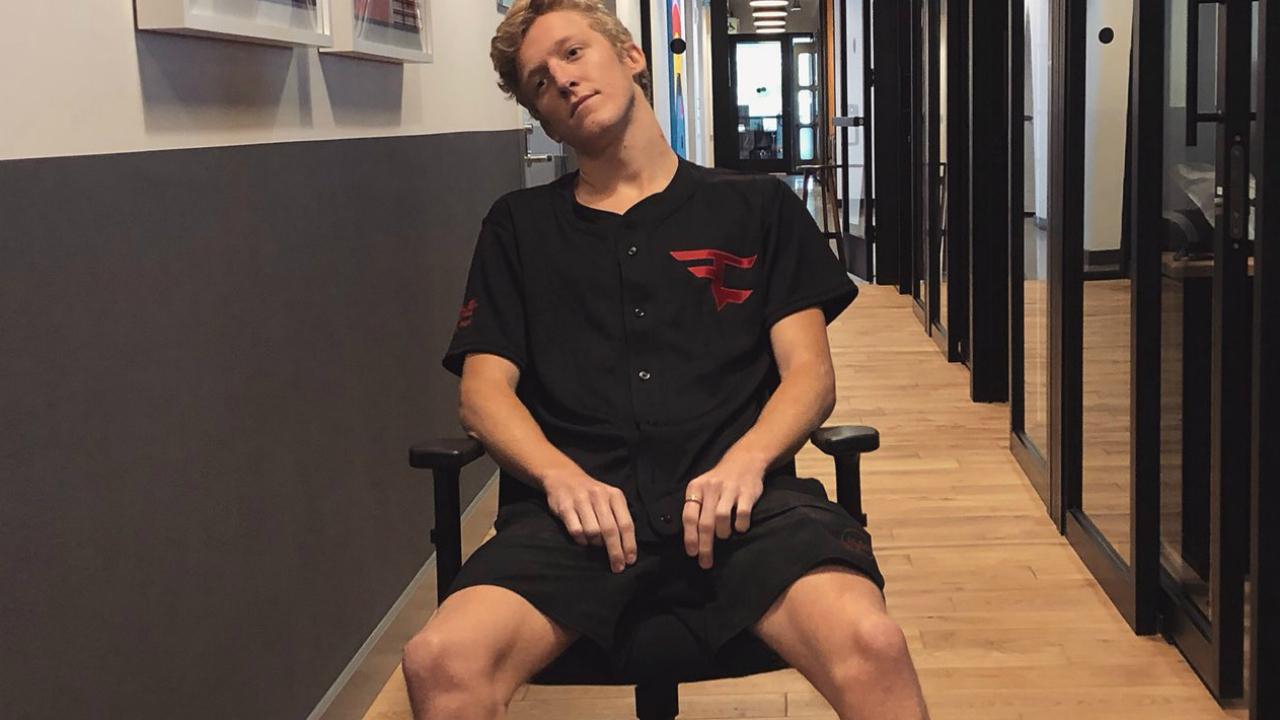
Why the Tfue and FaZe Clan contract dispute has big implications
Fortnite streamer and content creator Turner “Tfue” Tenney’s recently filed suit against his employing organization FaZe Clan has brought to light a long-standing issue of predatory contracts in esports.
Esports attorneys have been talking about this as an issue for a long time now. Bryce Blum, an esports attorney unrelated to the case, took to Twitter to explain his own interpretation of the events described thus far. He points out that there are indeed some unfair things in Tfue’s contract, but that context is also important to consider in any player contract.
Unfair and predatory contracts are unfortunately common in the esports industry. Many young adults are so excited to be offered a contract that they will overlook things in order to fulfill their dreams. But contract language cannot supercede state law.
Tfue argues in his lawsuit that the contract he signed is in violation of California talent agency laws because FaZe operates as a talent agency without being licensed. In an interview with Kotaku, video game attorney Ryan Morrison said that, “Your employer can’t be your agent. Your employer especially can’t be your exclusive unlicensed agent. This [lawsuit] was so overdue and will instantly correct so many wrongs in this industry just by shining a light on it.”
In the lawsuit, Tfue’s attorney Bryan Freedman of law office Freedman + Taitelman states that “These young content creator/streamers are susceptible to being taken advantage of and exploited – often by those that are supposed to be looking out for their best interests.”
Tfue has already mentioned that he filed suit in part to help players going forward. A successful case would set a precedent for future lawsuits that have similar terms in their contracts.
In his video response to a rant on Twitter and YouTube from FaZe Clan COO Ricky Banks, Tfue seemed to take a moral stand to go along with his legal complaint.
“These kids are getting ripped off, they’re getting taken advantage of. These contracts are not okay and this needs to never happen again, and there’s tons of people in contracts this bad, just like me,” Tfue said.
The outcome of the lawsuit will take some time to resolve, but if Tfue wins his case, he could be helping many future young esports professionals to be better protected from predatory contract practices.
Recommended

Adin Ross returns to Kick, reveals reason behind break
And he has big plans!

What games would be at the Esports Olympics in 2025?
Would CS2 be in the Olympics gamelineup?

GTA 6 might be getting a big news soon, here’s when
This could be huge…







